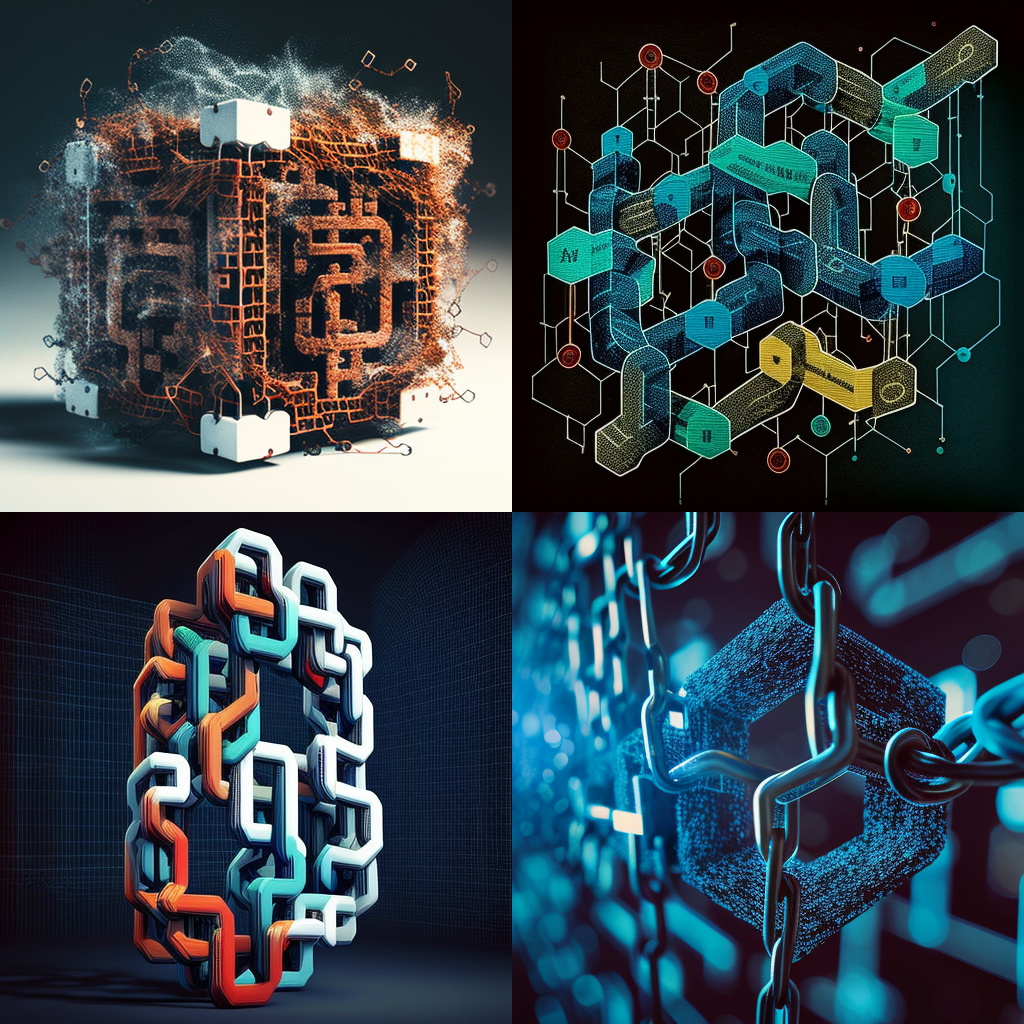
Blockchain technology has been gaining attention in recent years as a secure and transparent way to manage and store data. But what is blockchain, and what can it do for individuals? In this article, we’ll explore the basics of blockchain and its potential benefits for individuals.
What is Blockchain?
At its core, blockchain is a distributed ledger technology that allows for secure and transparent transactions without the need for a central authority. Each transaction is recorded on a block, which is then added to a chain of blocks, creating a permanent and unalterable record of all transactions.
Each block contains a cryptographic hash, which is a unique digital fingerprint of the data in the block. This hash links the block to the previous block in the chain, creating a tamper-proof record of all transactions. Once a block has been added to the chain, it cannot be altered or deleted without the agreement of all parties involved.
What Can Blockchain Do for Individuals?
- Secure Transactions
One of the primary benefits of blockchain is its ability to provide secure transactions. With its cryptographic hash function and distributed ledger, blockchain provides a high level of security that is difficult to compromise. This makes blockchain an attractive option for financial transactions, where security is paramount.
- Transparency
Blockchain’s distributed ledger technology also provides transparency in transactions. Anyone can view the blockchain and see all the transactions that have been recorded. This means that individuals can have a high level of trust in the authenticity and validity of the transactions they are involved in.
- Decentralization
Blockchain is a decentralized technology, meaning that it does not rely on a central authority to verify transactions. This makes it a more democratic and egalitarian technology, as it allows individuals to transact directly with each other, without the need for intermediaries such as banks or governments.
- Digital Identity Management
Blockchain can also be used for digital identity management. By creating a unique digital identity on the blockchain, individuals can have greater control over their personal data and who has access to it. This can be particularly useful in situations where data privacy and security are concerns, such as in healthcare or financial services.
- Smart Contracts
Blockchain also allows for the creation of smart contracts, which are self-executing contracts that automatically enforce the terms of an agreement. This can be particularly useful for individuals who want to enter into agreements with others without the need for intermediaries such as lawyers or notaries.
- Cryptocurrencies
Finally, blockchain is the underlying technology behind cryptocurrencies such as Bitcoin and Ethereum. Cryptocurrencies allow for secure and decentralized transactions without the need for intermediaries such as banks. This can be particularly useful for individuals who want to transact with others across borders or who want to avoid the high fees associated with traditional financial institutions.
In conclusion, blockchain technology offers a range of potential benefits for individuals, including secure transactions, transparency, decentralization, digital identity management, smart contracts, and cryptocurrencies. As blockchain technology continues to evolve and become more widely adopted, individuals will have even more opportunities to take advantage of these benefits.
Written by Deucetek AI





